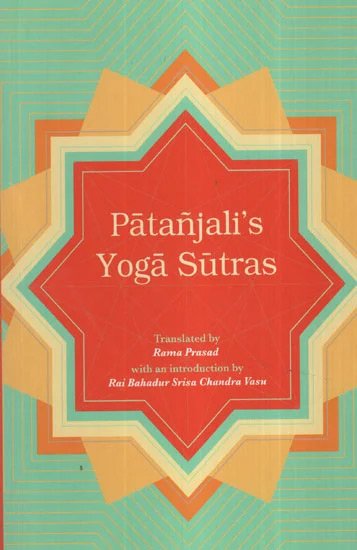Yoga-sutras (with Vyasa and Vachaspati Mishra)
by Rama Prasada | 1924 | 154,800 words | ISBN-10: 9381406863 | ISBN-13: 9789381406861
The Yoga-Sutra 2.38, English translation with Commentaries. The Yoga Sutras are an ancient collection of Sanskrit texts dating from 500 BCE dealing with Yoga and Meditation in four books. It deals with topics such as Samadhi (meditative absorption), Sadhana (Yoga practice), Vibhuti (powers or Siddhis), Kaivaly (isolation) and Moksha (liberation).
Sūtra 2.38
Sanskrit text, Unicode transliteration and English translation of Sūtra 2.38:
ब्रह्मचर्यप्रतिष्ठायां वीर्यलाभः ॥ २.३८ ॥
brahmacaryapratiṣṭhāyāṃ vīryalābhaḥ || 2.38 ||
brahmacarya—of Brahmacarya; continence, pratiṣṭhāyām—in the confirmation. vīrya—vigour, lābbaḥ—gaining; obtaining.
38. Continence being confirmed, vigour is obtained.—89.
The Sankhya-pravachana commentary of Vyasa
[English translation of the 7th century commentary by Vyāsa called the Sāṅkhya-pravacana, Vyāsabhāṣya or Yogabhāṣya]
[Sanskrit text for commentary available]
By whose attainment, the Yogī perfects his attainments unchecked, and having attained the power becomes capable of imparting knowledge to learners.—89.
The Gloss of Vachaspati Mishra
[English translation of the 9th century Tattvavaiśāradī by Vācaspatimiśra]
Vigour is power by attaining which, being unchecked, i.e., without giving way to obstacles, the Yogī perfects, that is, lays by the store of Aṇimā, &c.
Having attained the power:—When he is possessed of the eight attainments known as Tāra, &c., and having other names as Uha, &c.
Learners are the disciples of the Yogī. Knowledge means the Yoga which is an accessory of the Yoga, He becomes capable of teaching Yoga.—38.
